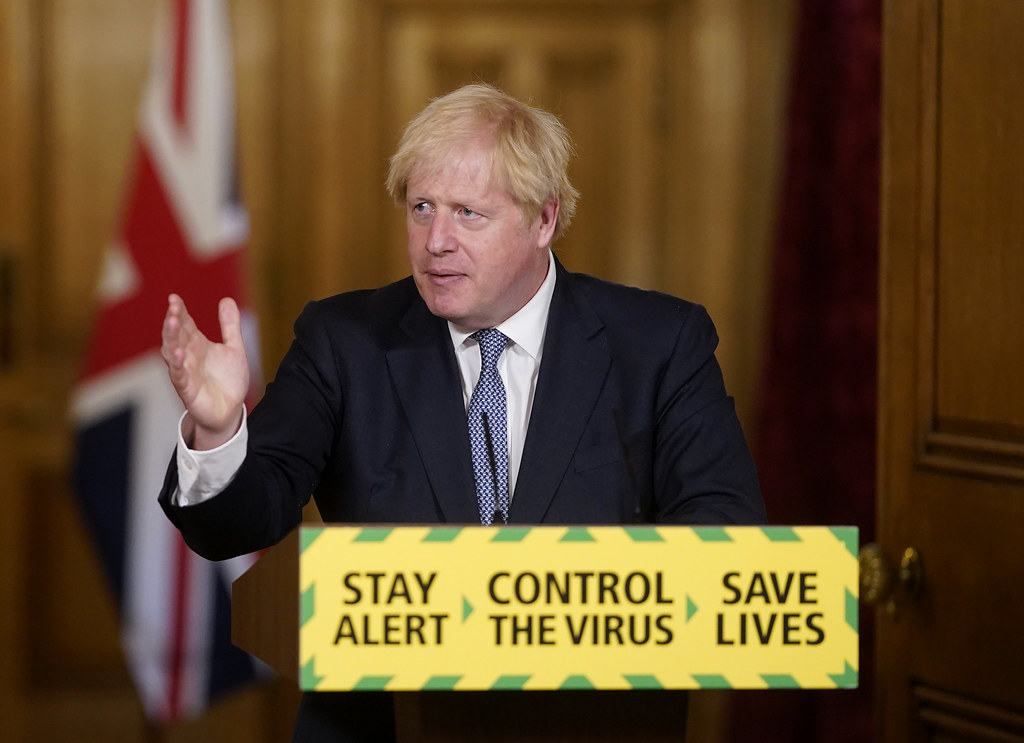
As the number of coronavirus cases increases, the long-lasting impact remains unclear. Except for those who were, or are, physically ill with the coronavirus and of course their families, the people who have suffered most from the virus fall into three main categories. Namely, those who cannot work, those who cannot drive and those who cannot be educated. While some people fit into one or two of these categories, Generation X and specifically those who are aged between 17-25 fall into all three of these potentially life changing categories.
The curveball of coronavirus undoubtedly attacked the younger workers of the UK. This is because furloughing meant that finding a new job at the start of a working career, in these somewhat ‘apocalyptic times’, became virtually impossible. Particularly with the recent five-month extension of the furlough scheme into spring 2021. In any case, it is hard to take the first steps into the world of work, regardless of age. For the so-called ‘coronavirus generation’, jobs will be even harder to find, due to the fact that there will be a loyalty of employees to businesses who have furloughed them. Although, if you are one of the lucky few who are already employed, then this extension of furlough will likely be well received. In the long-term, we may possibly see a decrease in productivity in those who have been placed on furlough during lockdowns so far, and have thus not worked.
The closure of the hospitality industry in particular was a low blow for Generation Z, as this sector was a consistent hotspot for finding informal and formal work. With this industry closed, those who had been working informally – that is, cash in hand – have been affected the most. It affects young people in such a way because they cannot start their journey into adulthood in the same way as previous generations.
It can also be argued that mental health issues – potentially even suicides – will go through the roof as people in lockdown feel overwhelmed and isolated. This is especially prevalent for students in university accommodation, where the severity of lockdown measures in halls at the University of Manchester resulted in fences and in some cases, police preventing them leaving their accommodation. The University of Cambridge even threatened that students would lose their degree if they tried to leave.
The second category, the prohibition by the government in allowing driving tests to continue is also a bigger issue than expected. When the government declared the suspension of driving tests for ‘the foreseeable future’ back in late March, it meant that even if young people secured a job, they would not be able to travel far to get to their place of work. Many people have been attempting to get a practical or theory test, and so unsurprisingly there is a massive backlog in both these tests, and obtaining a provisional licence. According to the Department of Infrastructure, approximately 2,500 driving tests have been cancelled since March.
Being able to drive is something which many people take for granted. But, particularly in rural areas, it is almost essential to be able to drive to get to more urban areas. In a national lockdown, where railway services are limited and the only shops which are allowed to open are supermarkets, being able to drive becomes even more of a necessity.
In the first lockdown more than the second, the government massively discouraged the use of public transport. For young people, no buses or trains were allowed to be used except for critical workers. This meant young people suffered further as it was those who were least vulnerable to the virus who were held back. It must not be forgotten that this lockdown was to help the country recover and is absolutely in the national interest. But the question about whether the educational, psychological and social impact from lockdown outweighs the many coronavirus-related deaths remains. After all, it could be argued that a double lockdown has ripped apart the essential social skills which are crucial for a society to prosper.
‘Education, education, education’ – one of Tony Blair’s main priorities and a key catchphrase from when he was in government back in 1999.
Some may question whether this is still a priority for Johnson’s government. Coronavirus understandably caused disruption for education in the first lockdown – exams for A Levels and GCSEs were cancelled and there was a massive surge in online learning when schools had to close.
Did the government’s strategy work enough to balance out the lack of education received by those who were in full time education?
In the first lockdown, schools were shortening the length of lessons with the aim of trying to help children have a break from screen time, with some not even carrying them on at all.
Less teaching hours unquestionably means less education.
Although, it could be said that the government is taking this setback seriously as both universities and schools are both exempt in the second lockdown, which shows how they have taken into consideration the long-lasting socio-economic impact this virus will have on its youth.
Should the government focus more on helping those affected directly by coronavirus, or those indirectly affected? We will have to see what their next moves will be.



Average Rating